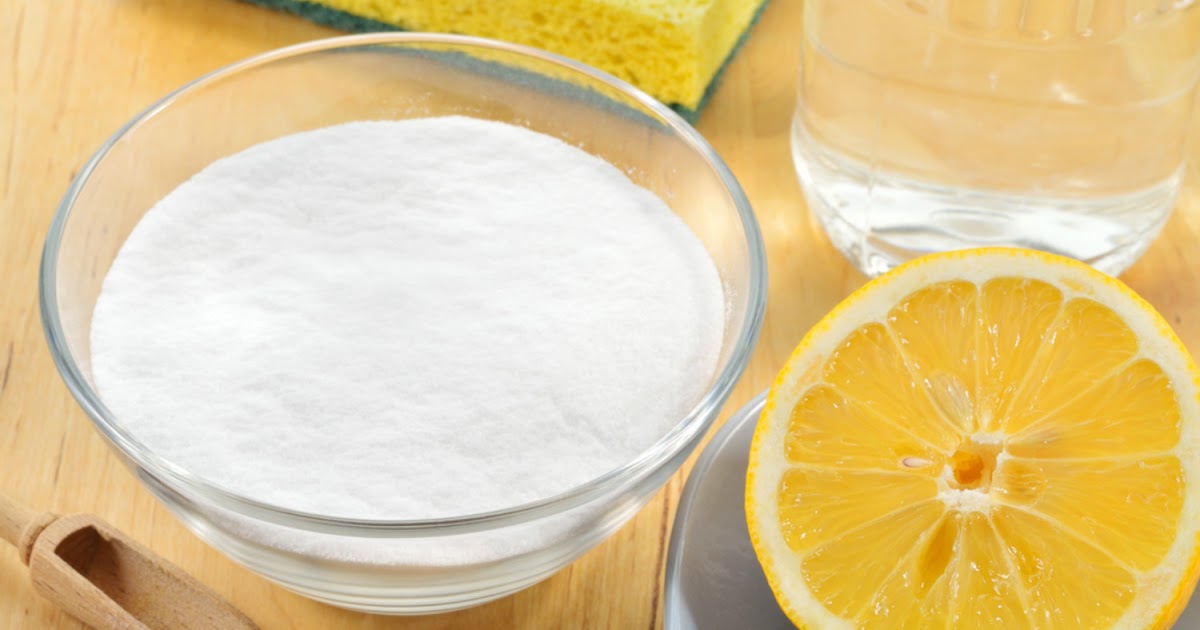
Flaxseeds, often referred to as a “superfood,” are small but mighty seeds packed with nutrients that can significantly benefit your overall health. Incorporating flaxseeds into your daily diet is simple and can lead to powerful improvements in various aspects of your health. Here’s why you should eat flaxseed more often:
1. Supports Heart Health
- Rich in Omega-3 Fatty Acids: Flaxseeds are one of the best plant-based sources of alpha-linolenic acid (ALA), an essential omega-3 fatty acid that helps reduce inflammation and lower the risk of heart disease.
- Lowers Cholesterol: The soluble fiber in flaxseeds helps bind cholesterol in the digestive tract, reducing LDL (bad cholesterol) levels.
- Reduces Blood Pressure: Studies show that regular consumption of flaxseeds can help lower blood pressure, especially in people with hypertension.
2. Improves Digestive Health
- High in Fiber: Flaxseeds contain both soluble and insoluble fiber, which promote regular bowel movements and prevent constipation.
- Supports Gut Health: The fiber in flaxseeds feeds beneficial gut bacteria, improving overall digestive health.
3. Aids in Weight Management
- Promotes Satiety: The combination of fiber and healthy fats in flaxseeds helps you feel full longer, reducing overeating and aiding in weight control.
- Stabilizes Blood Sugar: Flaxseeds can slow the digestion of carbohydrates, preventing blood sugar spikes and crashes.
4. Balances Hormones
- Rich in Lignans: Flaxseeds are the richest plant source of lignans, which are phytoestrogens that help balance hormone levels. This can be especially beneficial for women experiencing menopause or hormonal imbalances.
5. Reduces Inflammation
- Anti-Inflammatory Properties: The omega-3 fatty acids and antioxidants in flaxseeds help combat inflammation, which is linked to chronic conditions like arthritis, heart disease, and diabetes.
6. Protects Against Cancer
- Antioxidants and Lignans: Flaxseeds contain powerful antioxidants and lignans that have been shown to reduce the risk of certain cancers, including breast, prostate, and colon cancers.
How to Incorporate Flaxseed Into Your Diet
- Ground Flaxseeds: Grind flaxseeds before consuming, as whole seeds may pass through your digestive system without being absorbed.
- Add to Smoothies: Blend ground flaxseeds into your favorite smoothies for a nutrient boost.
- Sprinkle on Foods: Add flaxseeds to oatmeal, yogurt, or salads.
- Use in Baking: Replace some flour with flaxseed meal in muffins, pancakes, or bread.
- Mix with Water: Combine ground flaxseeds with water to make a flaxseed gel that can be used as a vegan egg substitute in recipes.
Daily Recommended Amount
- Start with 1-2 tablespoons of ground flaxseeds per day, gradually increasing if needed.
Tips for Storing Flaxseeds
- Store whole flaxseeds in an airtight container in a cool, dry place.
- Keep ground flaxseeds in the refrigerator or freezer to prevent them from going rancid.
Precautions
- Moderation is Key: Too much flaxseed can cause bloating or digestive discomfort due to its high fiber content.
- Hydrate Well: Drink plenty of water when consuming flaxseeds to support digestion.
By eating flaxseed more often, you can enjoy a wide range of health benefits, from improved heart health to better digestion and even cancer prevention. Add this versatile superfood to your diet and start reaping its powerful rewards! ??
4o




